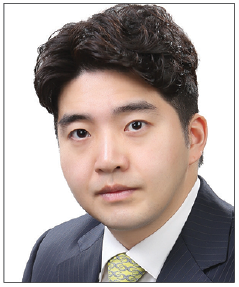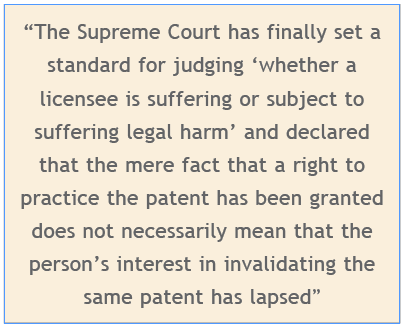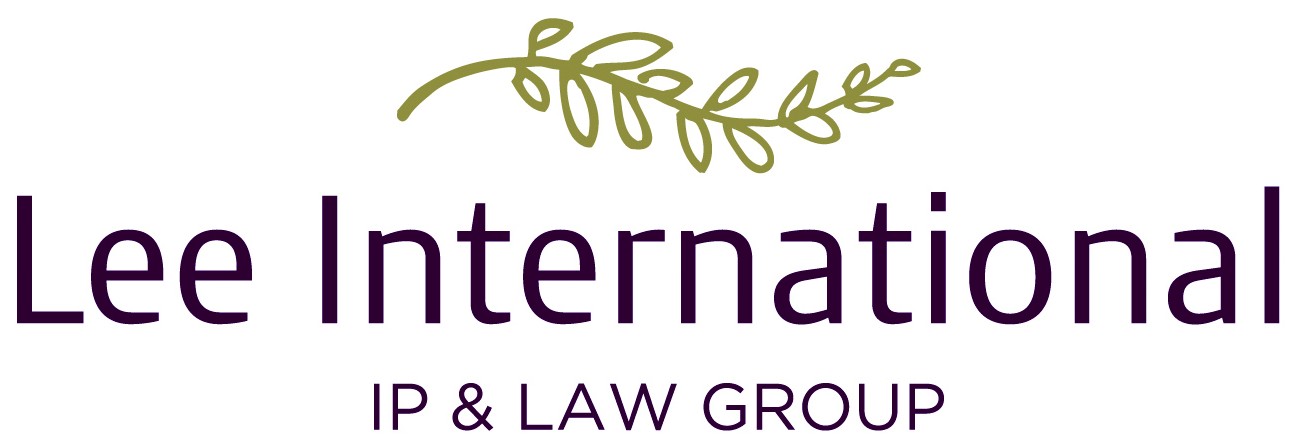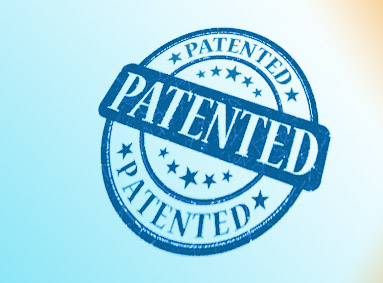 By Sung-Ha Park, Lee International
By Sung-Ha Park, Lee International
The Korea Supreme Court ruled on February 21, 2019 that a licensee who is granted the right to practise a patent is an interested party who may file a petition for a trial seeking invalidation of the same patent (Supreme Court Decision 2017Hu2918).
In that case, Samsung Electronics, which holds the right to practice IBEX PT Holdings’ patented invention regarding images (the Patent), filed a petition for a trial seeking to invalidate IBEX’s Patent. When the patent tribunal decided to accept Samsung’s petition and invalidate some claims of the Patent, IBEX filed a lawsuit seeking to cancel the decision on the grounds that a patent licensee is not an interested party who may file a petition for invalidation of the same licensed patent.
Article 133, Paragraph 1 of the former Patent Act stipulates that “an interested person or an examiner may file a petition for a trial to seek invalidation of a patent”. In the trial, the key issue was whether a licensee who is granted the right to practice a patent would be considered an interested party with a right to file a petition to invalidate the same patent for which the licensee holds the right to practice.
Up until now, Supreme Court precedents were inconsistent regarding this matter. One precedent said “the fact that a right to practice the patent has been granted does not necessarily mean that the licensee holds no interest in the same patent”, whereas another ruled that “a person who has been granted the right to practise a patent is in no danger of being sued for infringement of the patent and suffering losses during the period of the licence”.

The Supreme Court has now rendered a unanimous opinion, making it clear that a licensee may file a petition for an invalidation trial. The Supreme Court ruled that: “An interested party under Article 133 Paragraph 1 of the former Patent Law refers to a person who has a direct and realistic interest in extinguishing a patented invention, due to the existence of an adverse impact or other harm caused if the patent right exists. In this case, those who manufacture and sell, or plan to manufacture and sell the same kind of goods as the patented invention, constitute interested parties.”
The main reasons for the Supreme Court’s recent ruling that a patent licensee holds sufficient interest in a claim for invalidation of the patent, include the following: (i) Generally, a licensee is bound by various restrictions and obligations, such as the obligation to pay royalties or limitations on the scope of the licence, and the licensee may be freed from such restrictions by invalidation of the patent. (ii) Even if a patent is invalid, the patent right remains valid and cannot be denied until a patent tribunal’s decision to invalidate such patent is made and finalised. It may require the expenditure of a considerable amount of time and resources until such decision is made and finalised. Thus, even if a person wishes to practise a patent without executing a licence agreement, that person may decide to practise the patent first before going through the battle to invalidate the patent. Therefore, it cannot be concluded that a person who has acquired the right to practise a patent has waived the right to file a petition for an invalidation trial.
The significance of the ruling is that the Supreme Court has finally set a standard for judging “whether a licensee is suffering or subject to suffering legal harm” and declared that according to such standard, the mere fact that a right to practice the patent has been granted does not necessarily mean that the person’s interest in invalidating the same patent has lapsed.
A significant additional comment of the court is that if the parties to a licence agreement contractually decide not to dispute the validity of the patent, then the licensee may have no right to file a petition for an invalidation trial. Therefore, in the future, it will be important for the parties entering a licence agreement to negotiate over whether to include a provision containing an obligation not to dispute the validity of the patent.

E: parksh@leeinternational.com
T: 82 2 2262 6288
F: 82 2 2279 5020


